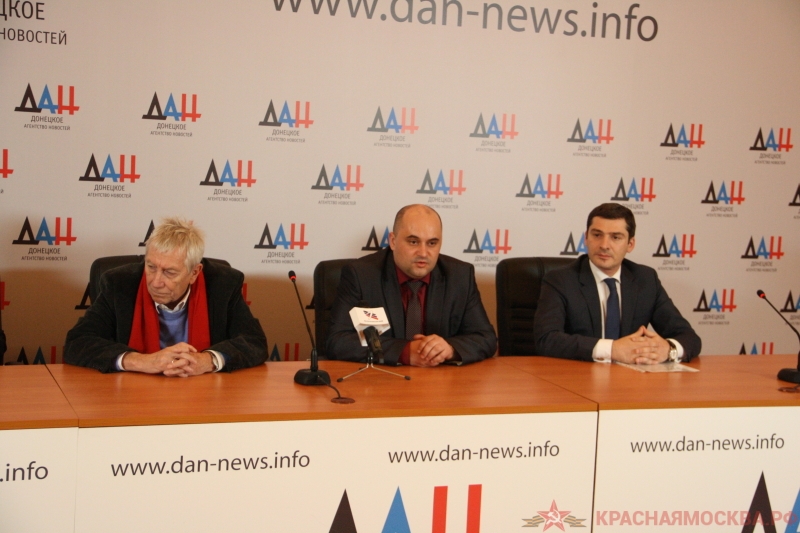As the financial system of the Russian Federation approaches the critical zone of oblivion — a development that no longer guarantees the usual money and bright futures either for the Kremlin’s clients or its puppets — the accomplices of the Russian president have begun to explore various ways of dumping their master.
The delicate maneuvers of “rats abandoning the sinking ship” were first demonstrated by two senators of the Federation Council, who in March had voted for the annexation of Crimea but who now felt the need to make fundamental changes in their fate and thereupon resigned from their posts. The senator from Belgorod, the billionaire Vadim Moshkovich, and the senator from Chuvashia, Galina Nikolaeva, have submitted their resignations but without providing the reasons. It is not clear what they will do after retiring from the Federation Council — whether they will occupy themselves with the creation of the “people’s republics” of Belgorod or Chuvashia, or with the hasty packing of suitcases and a long journey to Latin America. The fact remains: they were the first to leave.
Another, less delicate, maneuver resembling a secret confession made directly to the Hague Tribunal was demonstrated by Denis Pushilin (self-declared Chairman of the Supreme Soviet of the Donetsk People’s Republic — Ed.), the appointed “DNR” negotiator for the Minsk meeting. He, as a person who was professionally involved in the MMM financial pyramid, would know that it is important to jump off in time. To be fair, one should admit that Pushilin had tried to abandon the project still this summer and that he even wrote a letter of resignation and went to Moscow. But either the gang principle “a ruble to enter; two rubles to leave” was in play here or he was undermined by his own greed and the desire to “reign over” some more money, but he not only returned to Donetsk, he also began to participate in international consultations. Thus, The Hague is becoming more likely for him than for many of his accomplices.
Therefore, what Pushilin is now openly giving journalists is no longer interviews but testimonies, hoping that his outright statement that the DNR (Donetsk People’s Republic) will remain an abscess that continues to fester and that only Vladimir Putin can foresee the future of this abscess will be seen as cooperation with the investigation. However, the very message that Putin is responsible for everything in the DNR is significant enough for the international community to take notice. The longest knife in the back of the chief was plunged, as is customary, by his best friend and brother — Ramzan Kadyrov. Outraged by the statements of Ukrainian politicians regarding the December events in Grozny, Kadyrov announced his intention to ask Putin’s permission to travel to the Donbas to capture and destroy the “fiends.”
However, we all supposedly know, or at least we heard from Putin himself and the Minister of Foreign Affairs of the Russian Federation, Lavrov, that “Russia is in no way present in the Donbas and that there are no Russian troops or mercenaries there.” And here, Kadyrov, right after Pushilin, discloses in the information space the one name of the director of all these events. And this name is Putin.
Of course we will witness various and even bizarre ways to sanitize reputations and escape the international tribunal. These are only the first swallows that are setting the tone and direction of future incriminations against the main perpetrators of the war in Ukraine. We hope there will be sufficient revelations and evidence for the trial.
Note: Olena Stiazhkina is a Russian-language writer and a history professor at the Donetsk National University. She was awarded the 2014 “Russian Prize” for literature in the short story category for the literary cycle A Single Talent. An ethnic Russian, she said in her acceptance speech in Moscow in April 2014, that the Russian language does not need military protection in Ukraine and that Ukraine cannot be destroyed because “to kill Ukraine means to kill me, a Russian, and others, also Russians.” Her speech on the cultural processes in Donetsk delivered during the TEDx Kyiv 2014 conference has been widely quoted.





